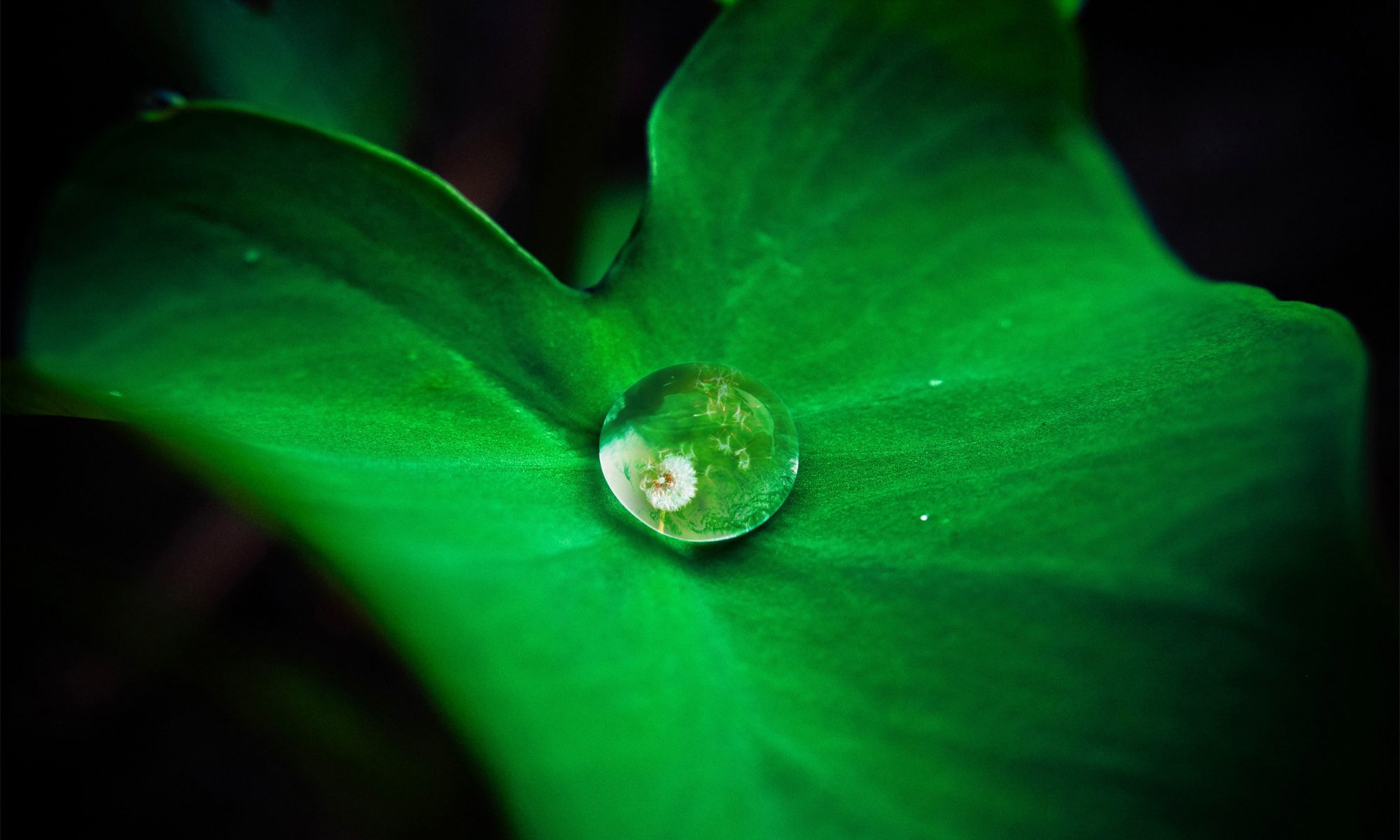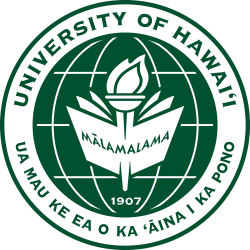Kūlana Noiʻi Award
Biocultural Community Engagement Funding
Mahalo for your interest. The 2019 round of Kūlana Noiʻi Award applications is now closed.
Call for Proposals (2019)
Across Hawaiʻi, there is a great need for community-based research that meets the needs of local resource managers. Many students are interested in conducting useful and impactful research to support those stewarding our lands and seas. Yet, it is rare for resource stewards and students to connect on research in significant ways, and perhaps even rarer that funding is available for students to meaningfully engage with the community. This gap often leads to research disjointed from the places and people the research is intended to assist.
The Biocultural Initiative of the Pacific at UH Mānoa is a knowledge center and network linking scholars, instructors and students who share the common goal of thinking holistically to enhance understanding of biocultural systems. In partnership with Kamehameha Schools and Kuaʻāina ʻUlu ʻAuamo (KUA), we are calling for applications for the 2019 Kūlana Noiʻi Award: Biocultural Community Engagement Funding. The goal of this award is to institutionalize community-based research by providing support for undergraduate or graduate students to engage with the community and/or resource managers in Hawaiʻi to foster meaningful relationships for effective research and ‘āina (land and sea) management. Awards will be approximately $500-$1000 per project.
Eligibility
-
- Undergraduate or Graduate Students at UH Mānoa
-
- Must be mentored by a UH Mānoa faculty member
- Preference will be given to project proposals that:
-
- Address a strong need expressed either by a community or resource managers
-
- Demonstrate a strong existing community relationship OR demonstrate a commitment to building a new relationship with a community (research projects at any stage are welcome to apply)
-
- Exhibit a biocultural research framework
-
- Offer students opportunities for professional and scholarly growth and development
- Are located in Hawaiʻi
-
Timeline
- April 5, 2019: Deadline to submit project proposals
- Late April: Awardees notified
- December 2019: All funding must be used
- Spring 2020: Awardees present results at a Biocultural Initiative symposium
How to Apply (Due April 5, 2019)
Complete Online Application, which includes the following:
-
- Project proposal (1-2 pages) (guidelines below)
- Description: What is your research project? What is the community-engagement component you are proposing?
- Significance: How will your project help bridge the gap between research and community? Why is this project important to you?
- Process: What is your community engagement plan?
- Project proposal (1-2 pages) (guidelines below)
- Community partner – contact information (required) and letter of support (optional)
- University of Hawaiʻi Faculty Mentor – letter of support indicating willingness to mentor the student project (required).
- Budget with Justification (funding is not limited to travel, but can include meeting supplies, makana, lei, food, etc.)
We recommend reviewing Kūlana Noiʻi for best practices in community-based research
Project Proposal Guidelines
To apply for project funding, please prepare the Project Proposal document as described in this section, save them as a PDF file, and upload them to your Project Application. The Project Proposal document:
- Must be saved as a single PDF document with the filename “[last name].[first name].pdf”
- Must be reviewed and approved by your UHM Faculty Mentor
- Must be no longer than two pages, Times New Roman 12-point font, 1-inch margins
Must include within the two-page limit the following:
-
- Project Description
-
- Significance
- Process (guidelines below)
Project Description
What is your research project? AND What is the community-engagement component you are proposing? How does this project embrace a biocultural framework? How does this project embrace contemporary ethical standards for community-based research in Hawai’i? The Project Description should articulate your intended goals for this research and the goals for the community engagement section of your project. Clearly define what your role will be in the proposed project.
Significance
This is your opportunity to explain why your project and the community engagement is important. Significance should be defined broadly as it relates to your intended audience, as well as to your specific discipline/field.
Process
Explain how you plan to reach your goals. Provide explicit descriptions of how you will meet your goals and objectives of the community engagement part of your project.
Sample list of potential projects
Finding out people’s research questions
-
- Conduct community interviews (i.e., if travel outside of fieldwork is not currently supported by research funding)
- Co-develop mapping tools with a community to further develop research needs/questions
Capacity building research projects might include:
-
- Learn gathering/monitoring/ kilo from kūpuna of community, to inform research methodology or questions
-
- Ethnohistorical or oral history documentation (i.e., nūpepa research)
-
- Co-developing monitoring methods with a community for their specific needs (e.g., spring/groundwater flow and quality, effects of restoration efforts, soil health/contaminates)
-
- Developing innovative financial models for ‘āina work
-
- Developing best practices document for stewards (i.e., recommended fertilizers, pest control, chainsaw methods)
-
- Historical landscape research (i.e., past vegetation list/reconstruction, moʻolelo of past management practices)
-
- Developing ‘Āina-based plant solutions (i.e., integrated pest management, native cover cropping, common garden experiments etc)
- Collaborative restoration experiments that meet the needs of local managers (i.e., various methods – seed scatter vs. out-planting, locations, timing, sustainable take limits)
Sharing Results from current or past research:
-
- Presentation to specific group of community leaders / elders / practitioners
-
- Initial research findings, with the opportunity for community input on next steps
-
- Research conclusions and management / user-end implications
- A public presentation on initial research findings or conclusions, e.g., evening presentation at a community center or providing videos, art exhibits to share results.
Potential Collaborators
Contact list of community and/or management organizations that are open to consultation to develop collaborative research. (This is not an exhaustive list. We encourage people to work in their community, and to seek out other community contacts.)
- Hale o Lono* (Hilo, Hawaiʻi) – Maury Gutteling, maury@edithkanakaolefoundation.org
- Waiāhole* (Hilo, Hawaiʻi) – Blake McNaughton, blmcnaug@ksbe.edu
- Honokea* (Waiuli, Hawaiʻi) – Kamala Anthony, kamala.anthony@huihooleimaluo.com
- Kalāhuipuaʻa* (Kona, Hawaiʻi) – Piʻi Laeha, plaeha@maunalani.com
- Keahuolū* (Kona, Hawaiʻi) – Mana Purdy, mpurdy@onipaa.org
- Kekaha Kai* (Kona, Hawaiʻi) – Dena Sedar, dena.m.sedar@hawaii.gov
- Makalawena* (Kona, Hawaiʻi) – Natalie Kurashima, nakurash@ksbe.edu
- Waiakauhi* (Kona, Hawaiʻi) – Nicole Tachibana, nicole.tachibana@fourseasons.com
- Kahaluʻu Kūāhewa (Kona, Hawaiʻi) – Jesse Kahoʻonei, jkkahoonei@gmail.com
- Uluhaʻo o Hualālai (Kona, Hawaiʻi) – Keolani Keawe, uluhaoohualalai@gmail.com
- Kaʻūpūlehu Marine Life Advisory Committee (Kona, Hawaiʻi) – Natalie Kurashima, nakurash@ksbe.edu
- Koholālele (Hāmākua, Hawaiʻi) – Noʻeau Peralto, lperalto@hawaii.edu
- Kāwā* (Kaʻū, Hawaiʻi) – James Akau, jakau@nmok.org
- Ke Kahua o Kūaliʻi* (Kawainui, Oʻahu) – Makanani Lopes, makananilopes@gmail.com
- Alakoko* (Hulēʻia, Kauaʻi) – Sara Bowen, sara.ed@malamahuleia.org
- Nā Kilo ‘Āina (across the paeʻāina, could have focus in areas such as Kalaemanō, Kona; Makalawena, Kona; Hāʻena, Kauaʻi) – Pelika Andrade, pelikaok@hawaii.edu
*Collaborators marked with an asterisk are part of the Hui Mālama Loko Iʻa Network.
For additional information about this Award and Application, please contact mawyer@hawaii.edu or ticktin@hawaii.edu or nakurash@ksbe.edu.

